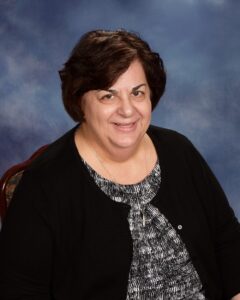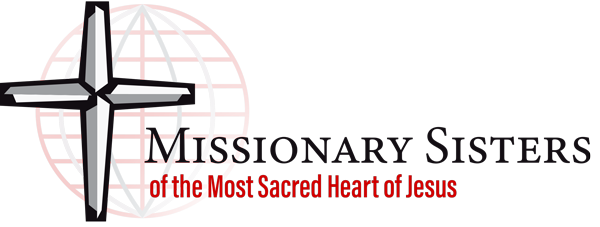 Archdiocese of Galveston-Houston
Archdiocese of Galveston-Houston
Sister Gina Iadanza, MSC, is well known throughout the Archdiocese of Galveston-Houston, serving as associate director for the Secretariat for Clergy, Formation and Chaplaincy Services for the past 10 years.
Dealing with a variety of cultures came naturally with Sister Iadanza as she grew up on military bases around the world with her career Army father Major Igino (“Gene”) and medic mother Josephine Iadanza.
Born in Japan, Sister Iadanza remembers her mother taking her as a child to an orphanage where she volunteered to help the other children, many of them disfigured from the war and bombings.
Growing up surrounded by Army nurses and meeting a Sister of Charity in New Jersey who served as a missionary in China “lit a fire inside me that grew into God’s call to enter religious life, become a missionary, a nurse, and much more.”
She made her first vows as a Missionary Sister of the Sacred Heart at its Motherhouse in Reading, Pennsylvania, on Aug. 21, 1971.
She also became a registered nurse working in the emergency room in MSC hospitals until she was sent as a medical missionary to the Middle Eastern country of Yemen from 1981 through 1985. During that time, government soldiers and tribal conflicts kept Sister Iadanza and her team of international doctors busy patching up injuries and conducting lifesaving surgeries.
In learning fluent Arabic, she said, “I supervised teams of doctors and nurses back then who were Russian, Chinese, Syrians and other nationalities.”
She would also travel by camel to visit villages, bringing medical supplies and services to the sick throughout the Tihama desert. Yemen, the ancient area thousands of years old where the queen of Sheba in the Bible originated, remains locked between a Saudi-backed government and rebels supported by Iran.
“We were not allowed to evangelize, but we were doing so by our presence and service to raise the dignity of life,” Sister Iadanza said.
The mostly Islamic country had requested the Vatican to send women religious as nurses and doctors, which then-Pope John Paul II granted.
Sister Iadanza’s assignments after Yemen led her to minister to those traumatized by life events and then down a different pathway serving the diverse needs of the clergy through ongoing formation programs, consultation and committees supporting priestly ministry.
The decade in her Archdiocesan position has placed her in multiple roles, with the Secretariat and chancery departments collaborating with leadership in responding to the needs of hundreds of priests.
“As our world, even locally, is far more multicultural than when I first entered religious life, the gift and challenge today is to actively welcome women and me from diverse cultures to live a life committed to serving wherever they are sent, even beyond their own culture,” she said.
